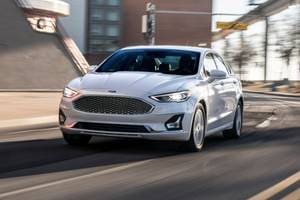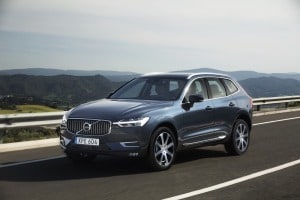Consumer Reports Survey Flawed
I am a bit surprised a group with the stature of Consumer Reports didn't think a bit deeper before touting the results of its latest survey that claims consumers want better fuel economy and are willing to pay for it. The upshot of Consumer Reports' survey shows that 93 percent of 1,008 people interviewed by phone in late October support a fuel-economy standard of 55 mpg or more. The survey results were released Tuesday; the federal government was set to announce Wednesday the proposed rules for implementing a 54.5 miles-per-gallon fuel economy standard for automakers to meet by 2025.
Forget, for a moment, the rather obvious discrepancy that we don't need new regulatory standards for the car companies to be offering super higher mileage vehicles because they are already in the market. The rub is that consumers are not buying them — or at least not very many of them. In October, sales of small cars slowed and sales of advanced-drive vehicles (hybrids, electric cars, diesels, etc.) fell yet again in year-to-year comparisons, registering just barely over 2 percent of all U.S. vehicle sales. How does Consumer Reports reconcile that rather glaring contradiction that consumers are willing to pay for more fuel-efficient vehicles?
What I find surprising is that Consumer Reports seems unaware of the bias and limitations that are part and parcel of these kinds of surveys, which I discussed during my testimony to a Congressional Oversight Committee on the proposed Corporate Average Fuel Economy standards. None of these are a secret. I am not surprised where policy advocates and lobbyist throw around these kinds of surveys and call it research. I would have expected more from Consumer Reports.





